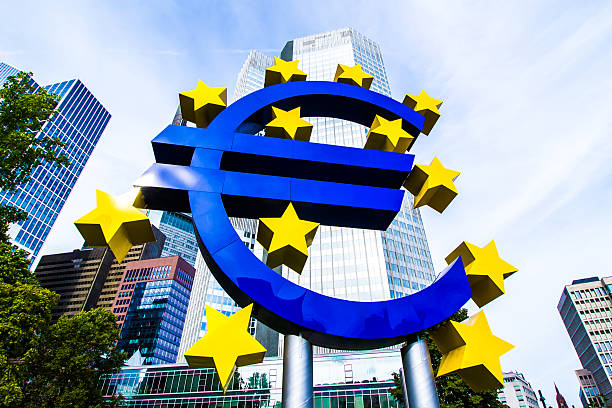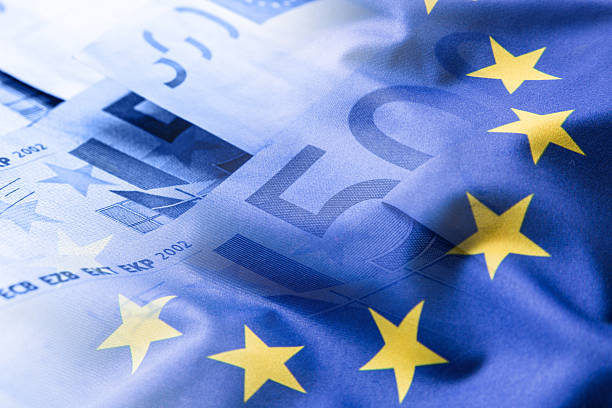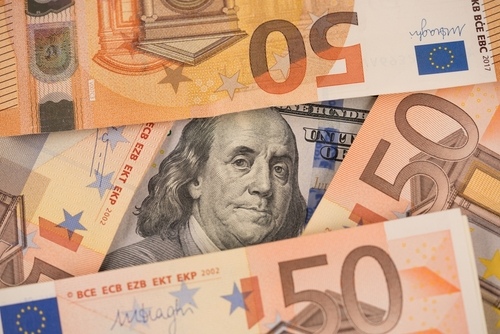EUR/USD struggles to lure buyers, remains below mid-1.1000s amid modest USD uptick

- EUR/USD ticks higher following an intraday dip to a one-week low, albeit lacks follow-through.
- Reduced bets for a 50 bps Fed rate cut continue to underpin the USD and act as a headwind.
- Dovish ECB expectations further cap gains ahead of the key US data/central bank event risks.
The EUR/USD pair recovers a few pips from a one-week low, around the 1.1030-1.1025 area touched during the Asian session on Tuesday and for now, seems to have snapped a two-day losing streak. Any meaningful appreciating move, however, still seems elusive in the wake of some follow-through US Dollar (USD) buying.
Investors have been scaling back their bets for a larger, 50 basis points (bps) interest rate cut by the Federal Reserve (Fed) in September following the release of mixed US jobs report on Friday. This assists the Greenback in attracting some buyers for the third successive day and climbing back closer to the monthly peak touched last week, which, in turn, is seen acting as a headwind for the EUR/USD pair.
The shared currency's relative underperformance could further be attributed to growing market expectations that the European Central Bank (ECB) will cut interest rates again in September in the wake of declining inflation in the Eurozone. This might further contribute to capping the EUR/USD pair, though the downside is likely to remain cushioned ahead of this week's key data/central bank event risks.
The latest US consumer inflation figures are due for release on Wednesday, followed by the US Producer Price Index (PPI) on Thursday. This will play a key role in influencing market expectations about the size of the Fed rate cut move later this month, which, in turn, will drive the USD demand. Apart from this, the crucial ECB policy decision on Thursday will provide a fresh directional impetus to the EUR/USD pair.
In the absence of any relevant market-moving economic releases on Tuesday, either from the Eurozone or the US, the aforementioned fundamental backdrop warrants caution for bulls. Hence, it will be prudent to wait for strong follow-through buying before confirming that the recent corrective pullback from the 1.1200 round-figure mark, or over a one-year high touched in August has run its course.
Economic Indicator
ECB Main Refinancing Operations Rate
One of the three key interest rates set by the European Central Bank (ECB), the main refinancing operations rate is the interest rate the ECB charges to banks for one-week long loans. It is announced by the European Central Bank at its eight scheduled annual meetings. If the ECB expects inflation to rise, it will increase its interest rates to bring it back down to its 2% target. This tends to be bullish for the Euro (EUR), since it attracts more foreign capital inflows. Likewise, if the ECB sees inflation falling it may cut the main refinancing operations rate to encourage banks to borrow and lend more, in the hope of driving economic growth. This tends to weaken the Euro as it reduces its attractiveness as a place for investors to park capital.
Read more.
Next release: Thu Sep 12, 2024 12:15
Frequency: Irregular
Consensus: 4%
Previous: 4.25%
Source: European Central Bank






